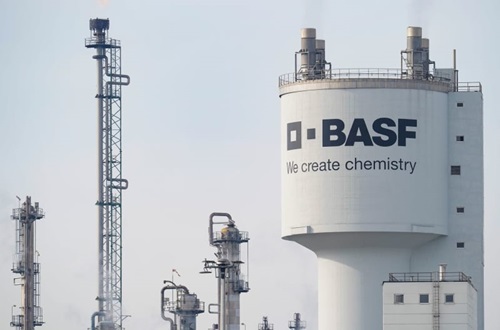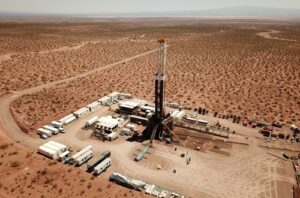BASF, the German chemicals giant, is tightening its belt once again, announcing plans to slash an additional 1 billion euros in annual costs at its Ludwigshafen headquarters. The move comes as the company grapples with weak demand and soaring energy costs in its home market, reflecting broader economic challenges facing Germany.
The cost-cutting measures, expected to be achieved by the end of 2026, will impact both production and administrative activities at BASF’s largest chemical complex. CEO Martin Brudermueller, who is set to step down in April, cited the high competitiveness of the group outside Germany under challenging conditions.
Despite the cost-saving efforts, BASF remains optimistic about its financial performance. The company predicts that group earnings before interest, taxes, depreciation, and amortization (EBITDA) will rebound to between 8 billion and 8.6 billion euros in 2024, following a 29% drop to 7.67 billion euros last year.
However, market reaction was less enthusiastic, with BASF’s stock falling 1.6% on disappointment over the company’s 2024 free cash flow guidance, which is expected to be between 100 million and 600 million euros, down from 2.7 billion euros last year.
The economic challenges facing BASF are reflective of broader trends in Germany. The German government recently cut its 2024 economic growth projection to 0.2%, down from 1.3% previously, citing weak global demand, geopolitical uncertainty, and persistently high inflation.
To address the changing landscape, BASF plans to further shrink and shift its Ludwigshafen site from producing home-made to more imported basic chemicals from low-cost regions. This includes adjusting to natural gas costs in Germany, which are four to five times higher than in the United States.
Despite these challenges, BASF’s German business remains significant. It contributed a third of the group’s operating profit before interest and tax in 2015, but was a 600 million euro drag on last year’s global earnings of 3.8 billion euros.
BASF’s proposed annual dividend of 3.40 euros per share, unchanged from a year earlier, indicates the company’s commitment to shareholders amidst challenging economic conditions.
(Source: Financial Times | Reuters)









